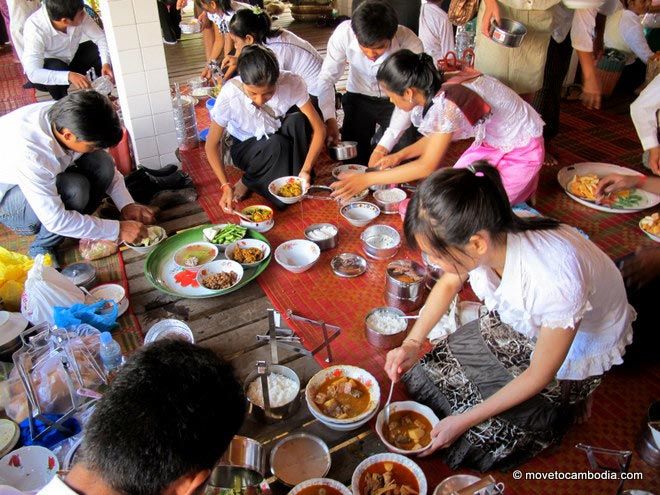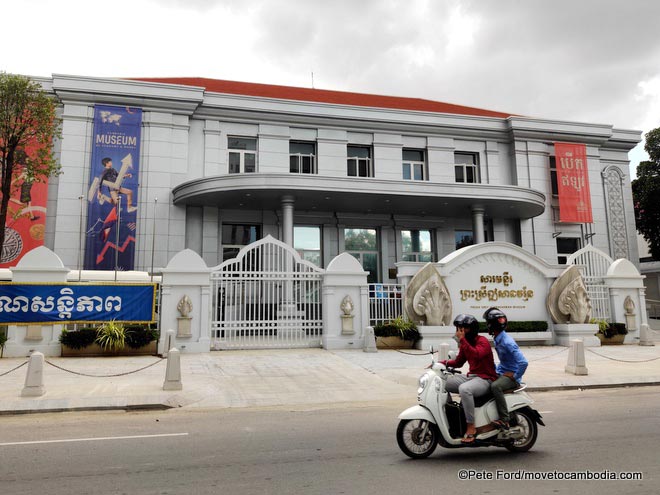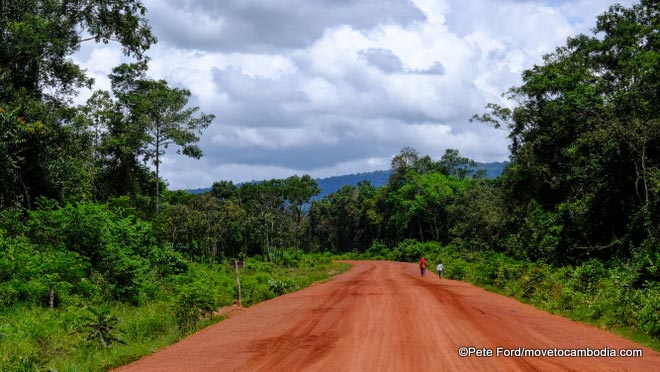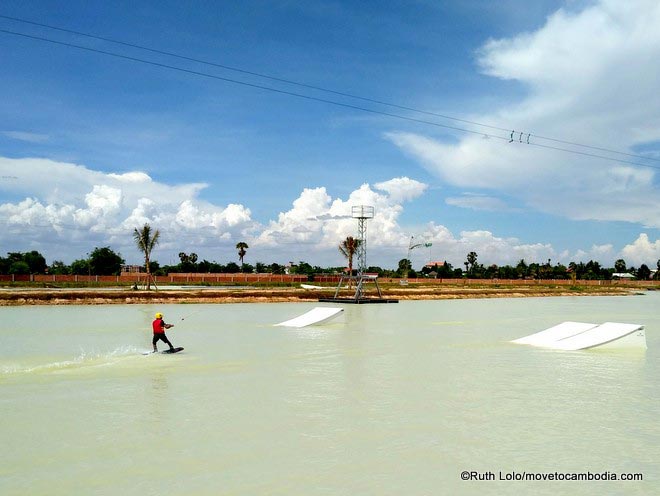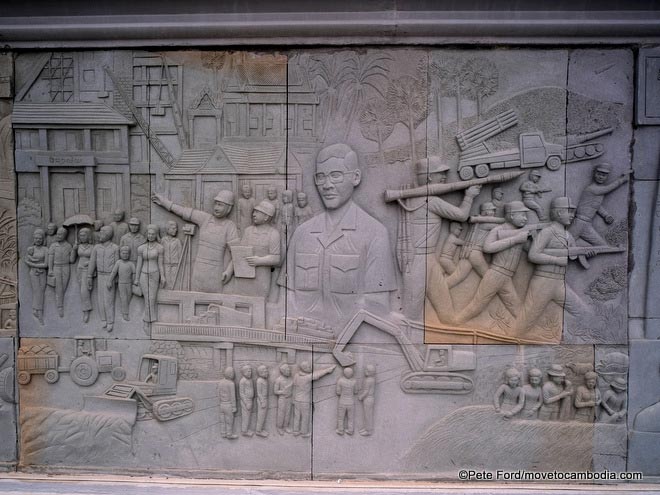Down a potholed village road in Preah Vihear province in northern Cambodia, in what can accurately be described as ‘the middle of nowhere,’ you’ll find BeTreed Adventures, an excellent ecotourism project focusing on conservation and community development, with an environmental protection mandate over a vast swathe of forest.
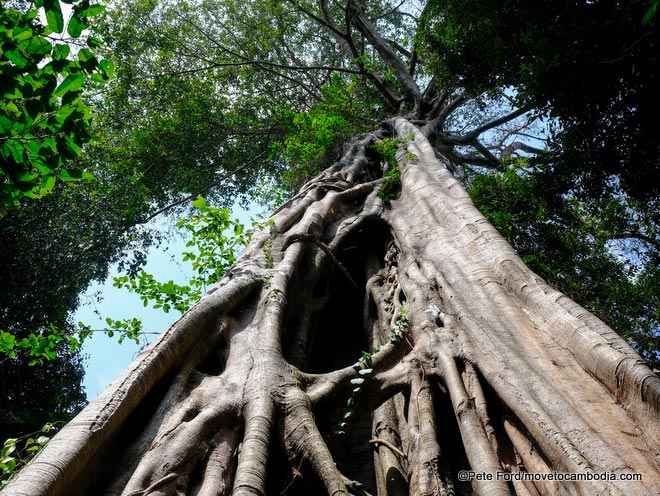
Seeing the forest for the trees at BeTreed Adventures
BeTreed Adventures (the capital T keeps the focus firmly on the forest) offers rustic accommodation in treehouses or stilt cabins, as well as ziplining and guided hikes that give visitors the opportunity to experience Cambodia’s lush forest, a luxury rapidly disappearing across the Kingdom as pressure for land and resources grows.
Banteng, eagles, owls, hornbills, wild pigs, deer, monkeys, snakes, two ponies, a tame squirrel, a somewhat-friendly gibbon, and a three-legged dog called Mikey are just some of the animals you might spot during your stay. Continue reading
